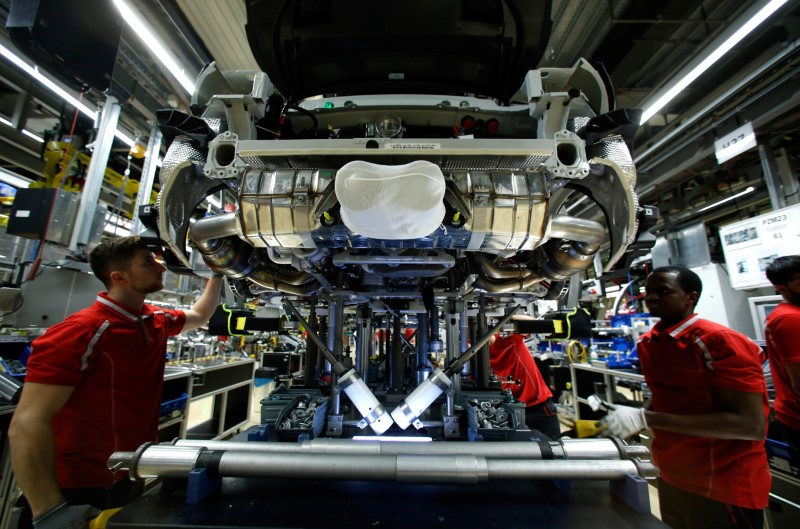Every second firm unable to find enough workers

BERLIN (Reuters) — Labour shortages are threatening to undermine Germany's economic recovery as companies struggle to fill around 1.6 million vacancies, the DIHK Chambers of Industry and Commerce said on Tuesday.
Germany's labour market has gone from strength to strength, with the jobless total falling more than expected in February and employment hitting a record high in January, fueling a consumer-led upswing.
But the unusually long growth cycle in Europe's biggest economy, now in its ninth year, combined with a long-signaled shortage of people of working age mean that German firms are running out of suitable staff.
"A growing number of German companies are facing bottlenecks in skilled labour and this is becoming a challenge for the entire economy," DIHK's deputy managing director Achim Dercks said.
In light of Germany's rapidly aging society, he called on the government to expand vocational training and attract more skilled workers from abroad.
A DIHK survey of some 24,000 companies showed nearly every second one is unable to find suitable candidates for job vacancies over a longer period and six out of 10 managers see the lack of qualified staff as a threat to their business.
Among the sectors most affected by the problem are manufacturing, construction, security services, education, childcare and geriatric care, the survey showed.
The government must also increase its efforts to further boost the inclusion of parents in the labour market by expanding and improving childcare while companies must offer more flexible working conditions for mothers and fathers, DIHK said.
A QUESTION OF INTEGRATION
More than 900,000 long-term unemployed have been left behind by Germany's upswing, a potential labour pool that opposition parties have accused the government of neglecting, and which the incoming coalition has agreed to target with the creation of 150,000 jobs.
But Dercks said companies and society also faced the huge challenge of integrating the more than 1 million refugees, mainly from Syria and Iraq, who have arrived in Germany over the past two years.
"There are a few positive examples of young refugees who landed a job after taking language classes and vocational training," Dercks said. "But we all need to show patience in this regard."
Dercks said Germany might benefit from Britain's decision to leave the European Union and limit migration, which could be a boon for German companies by bringing in more skilled workers.
He added, however, that this Brexit effect would probably not be strong enough to offset the overall trend that net immigration from other European countries was slowing due to the broad-based economic recovery in the bloc, which meant better working conditions for migrants in their home countries.
The problem of labour shortages was limiting overall growth though it was difficult to quantify how much stronger the economy could expand if all job vacancies could be filled, Dercks said.
The government expects economic growth to accelerate to 2.4 per cent this year after 2.2 per cent in 2017 while it sees inflation slowing to 1.7 per cent despite the booming economy.
This suggests that the labour market bottlenecks have yet to translate into stronger wage growth and with it rising price pressures in Europe's largest economy.




